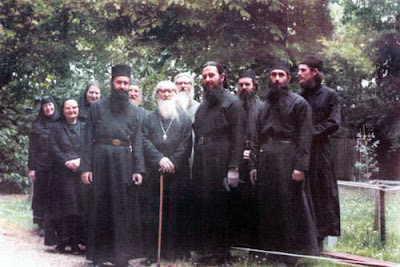La deuxième des grandes fêtes d'été est la Transfiguration de Notre-Seigneur Jésus-Christ, que nous célébrons le 6 août.
Aux matines, nous entendons le récit de la Transfiguration dans l'évangile selon Saint Luc (9 :28-36). A la liturgie, nous entendons ce même récit dans l'évangile selon Saint Matthieu (17:1-9). L'épître lue à la liturgie est la deuxième écrite par Pierre (1:10-19) : celui-ci était, avec Jacques et Jean, un des trois témoins oculaires de la Transfiguration. Aussi trouverons-nous particulièrement émouvant le rappel qu'il fait de ce mystère : «… nous fûmes témoins oculaires de sa majesté... Lorsque la gloire pleine de majesté lui transmit cette parole : Celui-ci est mon Fils bien-aimé… Cette voix, nous, nous l'avons entendue; elle venait du ciel, nous étions avec lui sur la montagne sainte ... ». La parole prophétique, semblable à la lumière de la Transfiguration, «brille dans un lieu obscur», dit Pierre, «jusqu'à ce que le jour commence à poindre et que l'astre du matin se lève dans vos cœurs».





